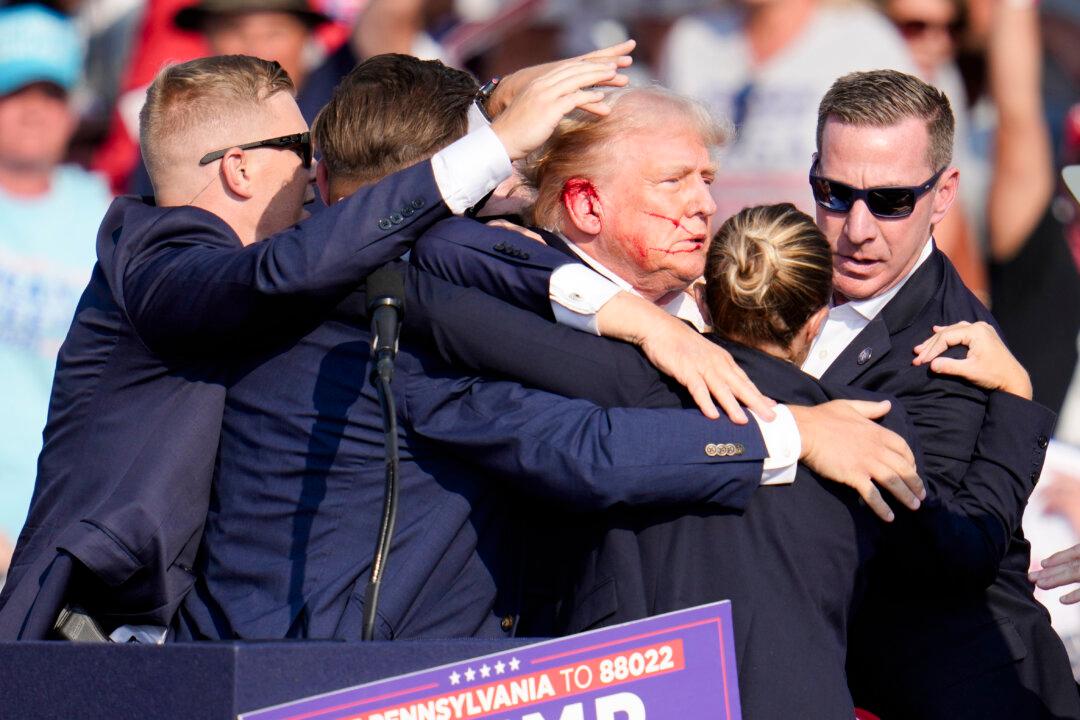The U.S. Secret Service has vowed to implement sweeping reforms in response to a critical report from an independent review panel on the security failures around the first assassination attempt on former President Donald Trump, at a rally in Pennsylvania, in which a bullet grazed Trump’s ear and one attendee was killed.
Acting Secret Service Director Ronald Rowe and Homeland Security Secretary Alejandro Mayorkas both issued statements following the Oct. 17 release of the report, emphasizing the agency’s commitment to addressing the security lapses that led to its failure to prevent the assassination attempt, while outlining a plan for the Secret Service’s future operations.





